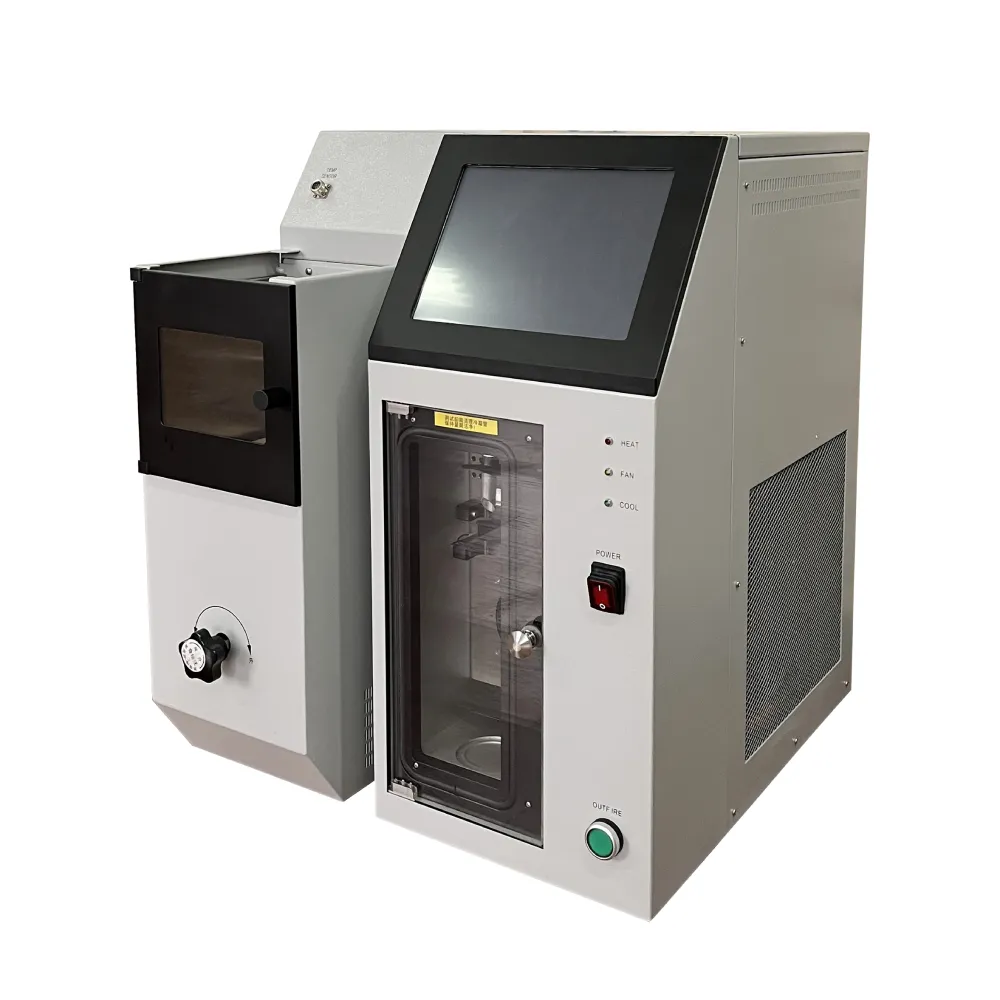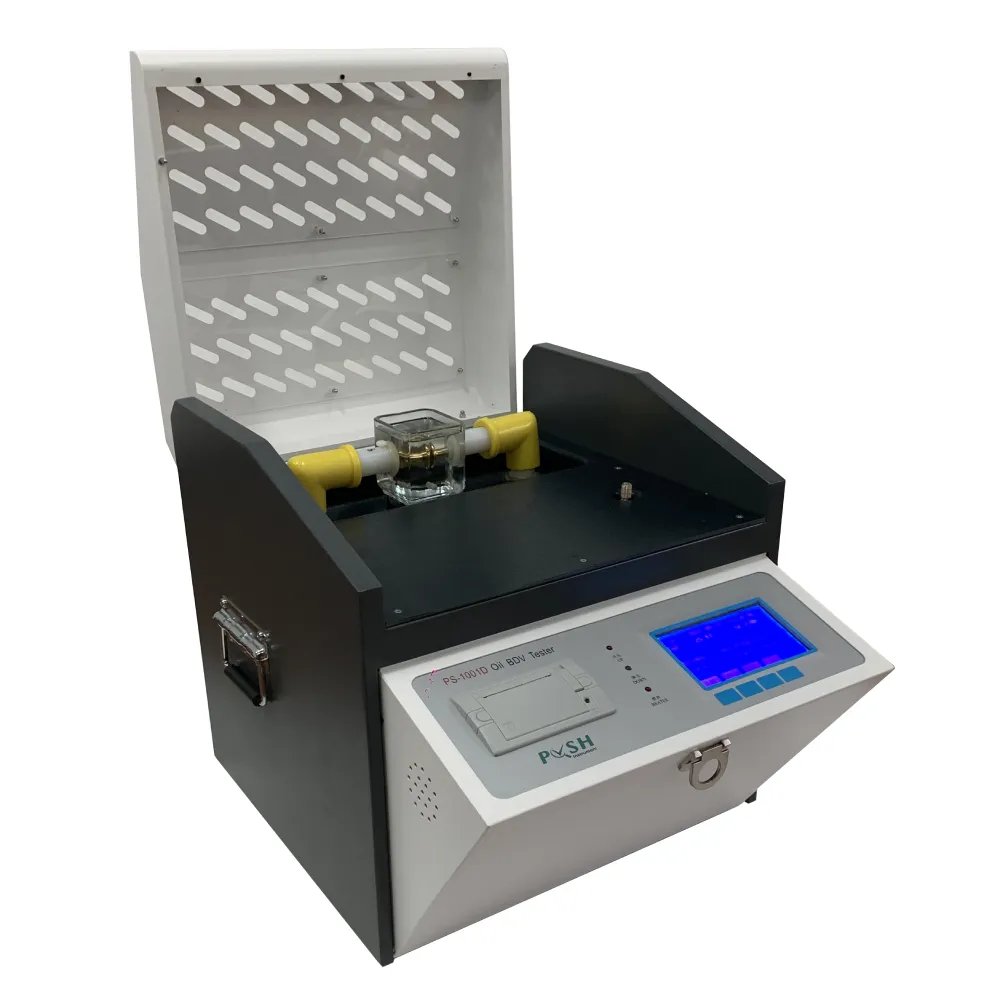TEL:
+86-0312-3189593
 English
English

Telephone:0312-3189593

Email:sales@oil-tester.com

-
 Afrikaans
Afrikaans -
 Albanian
Albanian -
 Amharic
Amharic -
 Arabic
Arabic -
 Armenian
Armenian -
 Azerbaijani
Azerbaijani -
 Basque
Basque -
 Belarusian
Belarusian -
 Bengali
Bengali -
 Bosnian
Bosnian -
 Bulgarian
Bulgarian -
 Catalan
Catalan -
 Cebuano
Cebuano -
 China
China -
 China (Taiwan)
China (Taiwan) -
 Corsican
Corsican -
 Croatian
Croatian -
 Czech
Czech -
 Danish
Danish -
 Dutch
Dutch -
 English
English -
 Esperanto
Esperanto -
 Estonian
Estonian -
 Finnish
Finnish -
 French
French -
 Frisian
Frisian -
 Galician
Galician -
 Georgian
Georgian -
 German
German -
 Greek
Greek -
 Gujarati
Gujarati -
 Haitian Creole
Haitian Creole -
 hausa
hausa -
 hawaiian
hawaiian -
 Hebrew
Hebrew -
 Hindi
Hindi -
 Miao
Miao -
 Hungarian
Hungarian -
 Icelandic
Icelandic -
 igbo
igbo -
 Indonesian
Indonesian -
 irish
irish -
 Italian
Italian -
 Japanese
Japanese -
 Javanese
Javanese -
 Kannada
Kannada -
 kazakh
kazakh -
 Khmer
Khmer -
 Rwandese
Rwandese -
 Korean
Korean -
 Kurdish
Kurdish -
 Kyrgyz
Kyrgyz -
 Lao
Lao -
 Latin
Latin -
 Latvian
Latvian -
 Lithuanian
Lithuanian -
 Luxembourgish
Luxembourgish -
 Macedonian
Macedonian -
 Malgashi
Malgashi -
 Malay
Malay -
 Malayalam
Malayalam -
 Maltese
Maltese -
 Maori
Maori -
 Marathi
Marathi -
 Mongolian
Mongolian -
 Myanmar
Myanmar -
 Nepali
Nepali -
 Norwegian
Norwegian -
 Norwegian
Norwegian -
 Occitan
Occitan -
 Pashto
Pashto -
 Persian
Persian -
 Polish
Polish -
 Portuguese
Portuguese -
 Punjabi
Punjabi -
 Romanian
Romanian -
 Russian
Russian -
 Samoan
Samoan -
 Scottish Gaelic
Scottish Gaelic -
 Serbian
Serbian -
 Sesotho
Sesotho -
 Shona
Shona -
 Sindhi
Sindhi -
 Sinhala
Sinhala -
 Slovak
Slovak -
 Slovenian
Slovenian -
 Somali
Somali -
 Spanish
Spanish -
 Sundanese
Sundanese -
 Swahili
Swahili -
 Swedish
Swedish -
 Tagalog
Tagalog -
 Tajik
Tajik -
 Tamil
Tamil -
 Tatar
Tatar -
 Telugu
Telugu -
 Thai
Thai -
 Turkish
Turkish -
 Turkmen
Turkmen -
 Ukrainian
Ukrainian -
 Urdu
Urdu -
 Uighur
Uighur -
 Uzbek
Uzbek -
 Vietnamese
Vietnamese -
 Welsh
Welsh -
 Bantu
Bantu -
 Yiddish
Yiddish -
 Yoruba
Yoruba -
 Zulu
Zulu
feb . 04, 2025 02:41
Back to list
dc dielectric test
Dielectric testing on transformers stands as a critical aspect of ensuring the reliability and performance of electrical power systems. This specialized testing process evaluates the insulating properties of transformer materials, which are crucial for operational efficiency and longevity. Detailed understanding and execution of dielectric tests not only prevent potential catastrophic failures but also guarantee the safe and efficient functioning of transformers across various industries.
Expertise in implementing dielectric tests on transformers enhances not just operational safety, but also elevates trust in a company’s technical competencies. By regularly conducting these tests, companies demonstrate a commitment to maintaining the highest standards of electrical safety and reliability. It underpins their authoritativeness in the field, assuring clients and stakeholders of their dedication to preventing electrical failures and minimizing downtime. Trustworthiness in this domain relies on adherence to international standards such as those set by the IEC (International Electrotechnical Commission) and strict compliance with safety regulations. These standards help ensure that dielectric tests on transformers are conducted systematically, minimizing the risks associated with electrical failures. Companies that consistently comply with these standards establish themselves as leading authorities in transformer testing and maintenance. Incorporating real-world experience, professionals in the field attest to the significant reduction in transformer failures due to regular dielectric testing. Field data indicates that transformers undergoing routine testing exhibit improved resilience against electrical stress, thereby extending their operational life. This hands-on experience reinforces the value of dielectric testing as a preventative measure against energy distribution failures. In conclusion, dielectric testing on transformers is an essential process reflecting a company's commitment to safety, quality, and reliability in power delivery. It requires specialized expertise and adherence to authoritative standards developed through rigorous research and field testing. By investing in such reliable testing practices, companies not only bolster their technological proficiency but also ensure the dependable performance of electrical systems, thereby maintaining trust with clients and meeting industry standards for excellence.


Expertise in implementing dielectric tests on transformers enhances not just operational safety, but also elevates trust in a company’s technical competencies. By regularly conducting these tests, companies demonstrate a commitment to maintaining the highest standards of electrical safety and reliability. It underpins their authoritativeness in the field, assuring clients and stakeholders of their dedication to preventing electrical failures and minimizing downtime. Trustworthiness in this domain relies on adherence to international standards such as those set by the IEC (International Electrotechnical Commission) and strict compliance with safety regulations. These standards help ensure that dielectric tests on transformers are conducted systematically, minimizing the risks associated with electrical failures. Companies that consistently comply with these standards establish themselves as leading authorities in transformer testing and maintenance. Incorporating real-world experience, professionals in the field attest to the significant reduction in transformer failures due to regular dielectric testing. Field data indicates that transformers undergoing routine testing exhibit improved resilience against electrical stress, thereby extending their operational life. This hands-on experience reinforces the value of dielectric testing as a preventative measure against energy distribution failures. In conclusion, dielectric testing on transformers is an essential process reflecting a company's commitment to safety, quality, and reliability in power delivery. It requires specialized expertise and adherence to authoritative standards developed through rigorous research and field testing. By investing in such reliable testing practices, companies not only bolster their technological proficiency but also ensure the dependable performance of electrical systems, thereby maintaining trust with clients and meeting industry standards for excellence.
Previous:
Latest news
-
Testing Equipment Industry Sees Major Advancements in 2025: Smart & Precision Technologies Lead the WayNewsJun.06,2025
-
Applications of Direct Current Generators in Renewable Energy SystemsNewsJun.05,2025
-
Hipot Tester Calibration and Accuracy GuidelinesNewsJun.05,2025
-
Digital Circuit Breaker Analyzer Features and BenefitsNewsJun.05,2025
-
Benefits of Real-Time Power Quality Monitoring Devices for Industrial EfficiencyNewsJun.05,2025
-
Earth Fault Loop Testing in High-Rise Building Electrical SystemsNewsJun.05,2025



